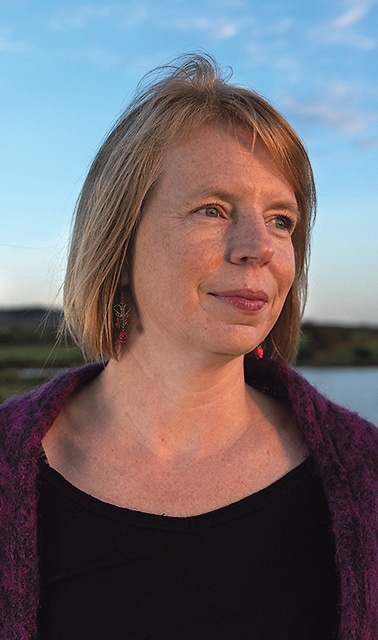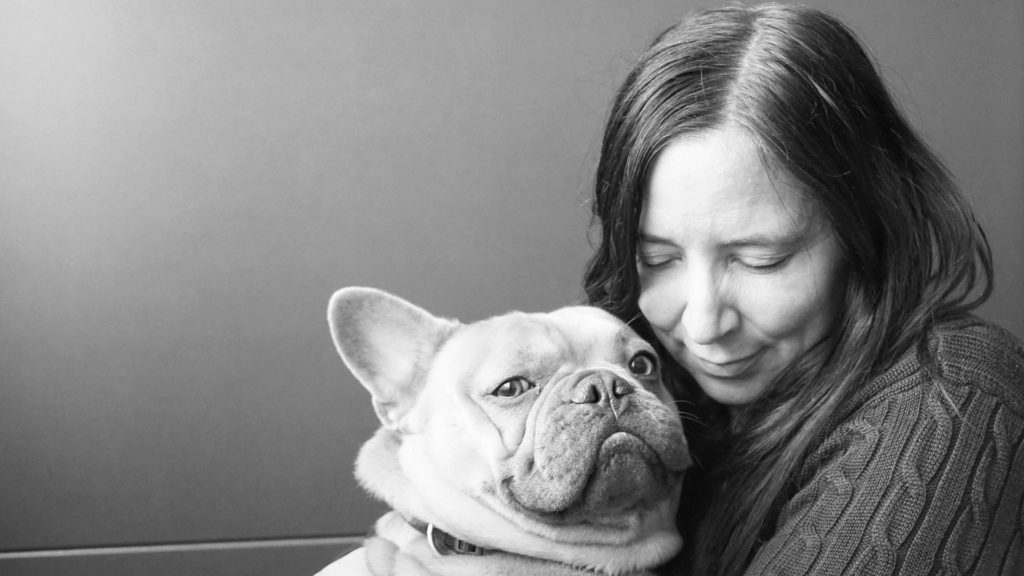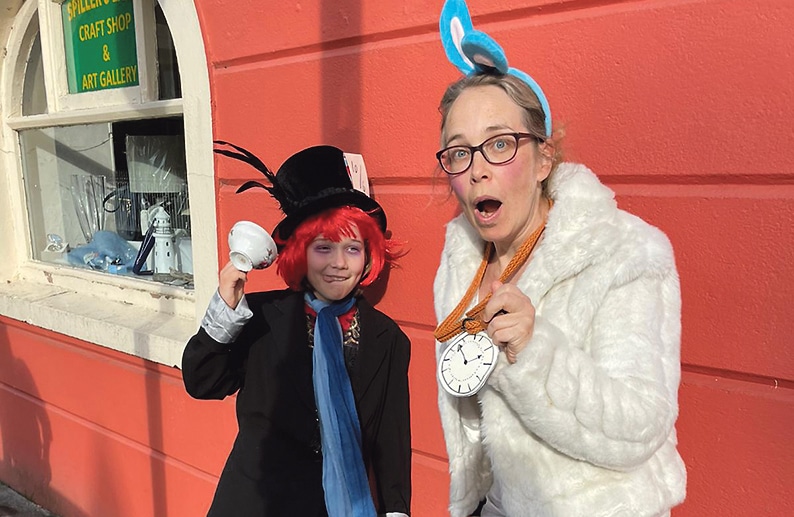
End of Life Matters
End of life Doula Melissa Murphy, a companion, guide and resource supporting our community in end of life matters.
www.starsbeyondourskin.com
For some, initial awareness of death happened when our first pet died. For others, it was finding a bird sprawled out in the garden or witnessing a lamb born still. (By the way, all good opportunities to begin conversations in a straightforward, honest way with young ones)…

I didn’t have a pet or immediate access to a farm growing up (other than a few tiny fish that I felt little emotion for even when they died and were flushed from tank to toilet). But the first dog that came into my adulthood remains the most profound loss I’ve experienced. When my husband and I rescued Pierre, a middle-aged french bulldog, we’d expected not to have him for the typical life span, considering the fact that he had a number of chronic health issues and had been rehomed more than once. But I never imagined we’d only have him for 15 months. In the end, a brain tumour impacted his balance and mobility, eventually leading to his sleeping most of the time. When at last he showed no interest in eating, we made the choice to have an in-home veterinarian call in to euthanise him. What was only days spent considering this decision felt like weeks while I wished he’d die without intervention. But thankfully in those last days, he was still, sleeping in his bed; often by the fire which he loved. He was continually in our presence until he was gone. The night before, a few friends who wished to see him came by to spend time and say goodbye. On his last morning, we read poems, prayers, and shared stories of our months together. Sitting on the floor beside him, we shared how much he had meant to us. I was relieved that he died on a weekend and that it was pouring rain for the entirety of those two days (it suited my mood, but was very unusual in southern California where we lived). I surprised myself in the early days of Pierre’s death wanting to get rid of his belongings quickly with the exception of one of his collars. So we did this – donating what we could. Another thing that was important for me was to be present at his cremation. I asked and thankfully my request was compassionately honoured. It could be that having the dog for a relatively short time, I needed to see him once more and for the death to feel real. Gratefully, colleagues and friends who’d been through their own pet experiences offered supportive listening and validation as an especially intense heartbreak washed over me. A picture book was made by my husband and myself in the weeks that followed and later, Pierre’s ashes travelled from California to New York and eventually Ireland. They remain in a wooden box carved with his name and the words ‘Saving one dog will not change the world but surely for that one dog the world will change forever’. Fast forward to almost nine years later, and we have not one – but two brothers of the same breed. It took four years to feel ready again – with a three-month foster dog experience in-between – but each grief is completely personal; as unique as a fingerprint it has been said. The dogs we have, are still young (our first time starting with puppies). They seem to be in good health, but at times I think about what it might be like to lose them. I wonder who will die first and how the other might cope. More recently I realised that taking the bigger travel journey we’ve been thinking about should happen sooner than later, as I wouldn’t be at ease being away if one or both was unwell or very advanced in age. In spite of the circumstances, I found having the experiences with Pierre so healing. So I enjoy the dogs we have today; loving them as much as possible while this gift of time allows.
So what is it about our beloved pets that makes us feel their loss so much? A psychologist with the Portland Institute for Loss and Transition writes, “Our pets are there for us when other humans may not be; they provide a secure base for us where we feel unconditionally loved and trusted. Those who have been through the loss of a dog, cat, or other pet miss the constant companionship, unconditional love and consistency of their presence.” And as anyone with a dog especially knows, the wonderful motivators they are for getting us up and out (for walks!) How are we meant to go on with such a change in our homes and lifestyles? Fortunately, this topic is now widely spoken about; validating the experiences of a pet’s death and supporting us to prepare as a pet ages. When our first dog died, the rescue organisation sent me this quote ‘The one best place to bury a good dog is in the heart of its owner’ and so I have. Pierre has a space in our home where a favourite photo, his collar and box of ashes lives. He also has a place on my ancestral altar among relatives and friends. I still think of him around the time he made his transition on the last day of February each year.
Our animal relations deserve remembering and in doing so, it helps to ease the hurt a little. There are many ways we can creatively honour our grief and the relationship we’ve had with them. If you’re curious, check out Amanda Stronza, a wildlife photographer who also started a tradition of making a memorial for each dead animal she comes across. She does this by adorning the body of the animal with flowers and photographs it as a way of honouring its life. Unique indeed – but her process makes for quite the reflection. You can see these beautiful animal memorials at amandastronza.com.
How has the loss of an animal or pet companion touched your life? Your story is very welcome if you feel called to share it at starsbeyondourskin@gmail.com or visit www.starsbeyondourskin.com to learn more about my work. I’m also open to questions or ideas for future columns!


